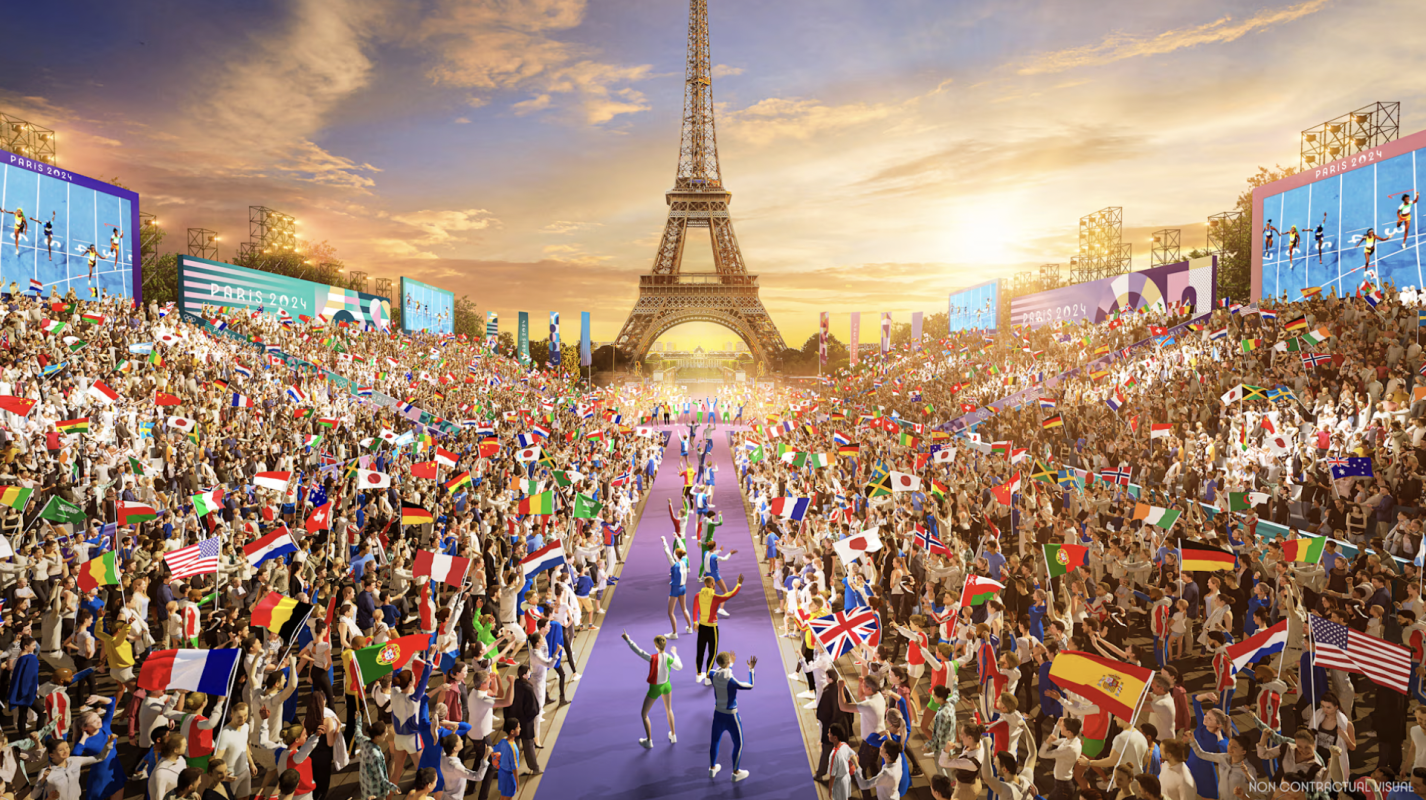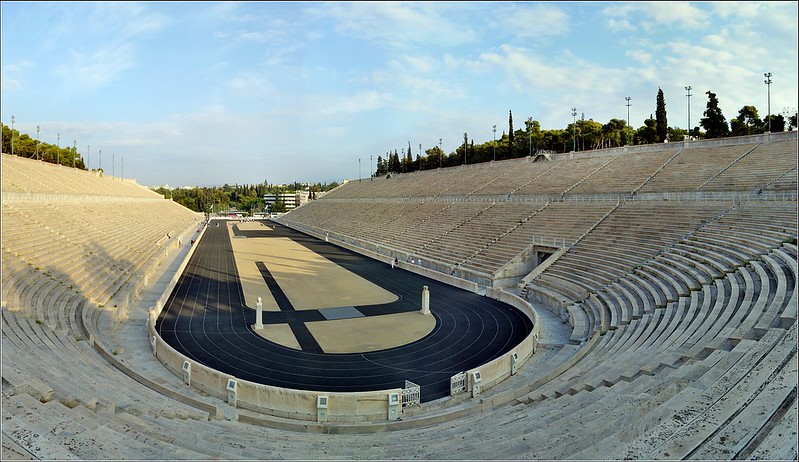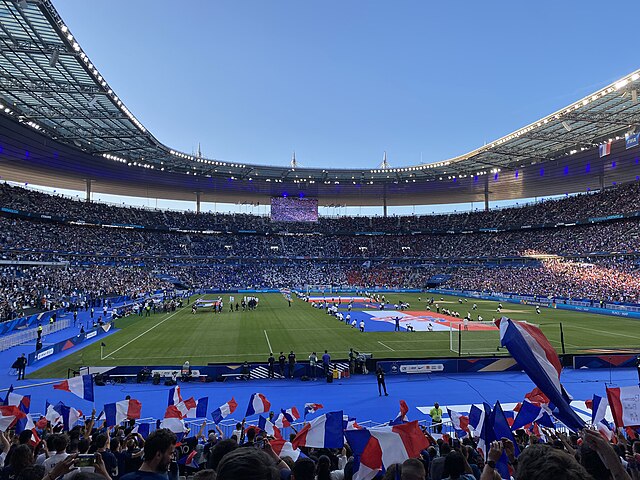 The Olympics are back this summer...
The Olympics are back this summer...
As 10,500 athletes vie for gold, host city Paris is looking to make the three-thousand-year event greener.
But before we jump into Paris and what the city is looking to do, let’s take a look at concerns with sustainability in the Olympics.
Unsustainability in Olympics
Though the Olympics lasts for only 16 days every four years, nearly $2.8 billion is spent hosting the grand event.
 Much of this money is spent on construction as the host city must prepare new stadiums, hotels, velodromes, etc. to accommodate the scale of the event.
Much of this money is spent on construction as the host city must prepare new stadiums, hotels, velodromes, etc. to accommodate the scale of the event.
But after the sixteen days of televised broadcasts and award ceremonies, what happens to these structures? This is a major concern for the International Olympic Committee’s sustainability plans.
Olympic stadiums in cities like Sarajevo (1984 Olympics) and Athens (2004 Olympics) are now in an abandoned, dilapidated condition. With billions of dollars going into the construction of Olympic sites, the Committee is looking to conserve resources as much as possible.
Cities like Beijing and London have already made strides in ensuring that sustainability is maintained after the Olympics conclude. Shortly after the 2012 Olympics, one of London’s Olympic stadiums became the new home of the West Ham United football club. The city of Beijing also transformed the Shougang steel mill, one of its biggest polluters, into a sports park.
How is Paris Preparing?
Paris’s mayor looks to transform the city into Europe’s greenest and is using the Olympics as a stepping stone towards this long-term endeavor.
 The city is repurposing existing structures such as Stade de France (home of the 1998 football World Cup) and Place de la Concorde for the events. It was also announced that the beach volleyball and blind football events will take place in front of the Eiffel Tower.
The city is repurposing existing structures such as Stade de France (home of the 1998 football World Cup) and Place de la Concorde for the events. It was also announced that the beach volleyball and blind football events will take place in front of the Eiffel Tower.
Additionally, Paris is pushing for greener transportation and renewable energy during the Olympics. It is allocating more space for bikes and reducing the use of diesel-powered generators, instead switching to solar panels. They’re even planning guest menus that feature plant-based meals!
The athletes' village where the participants will be housed will not have air conditioning. The organizers have decided to implement a cooling system that circulates underground water. This method is known to save 40% of the electricity and natural gas commonly used for AC. However, some teams are concerned and are planning to bring their own air-conditioners.
As Parisian summers become increasingly hot, the city is moving in the right direction to minimize its Olympic climate footprint. Perhaps, its model will serve as a template for future Olympic events. Play all, enjoy all, and protect all.
Sources: NY Times, Guardian, Business Insider, Anthropocene Magazine, Green Matters






